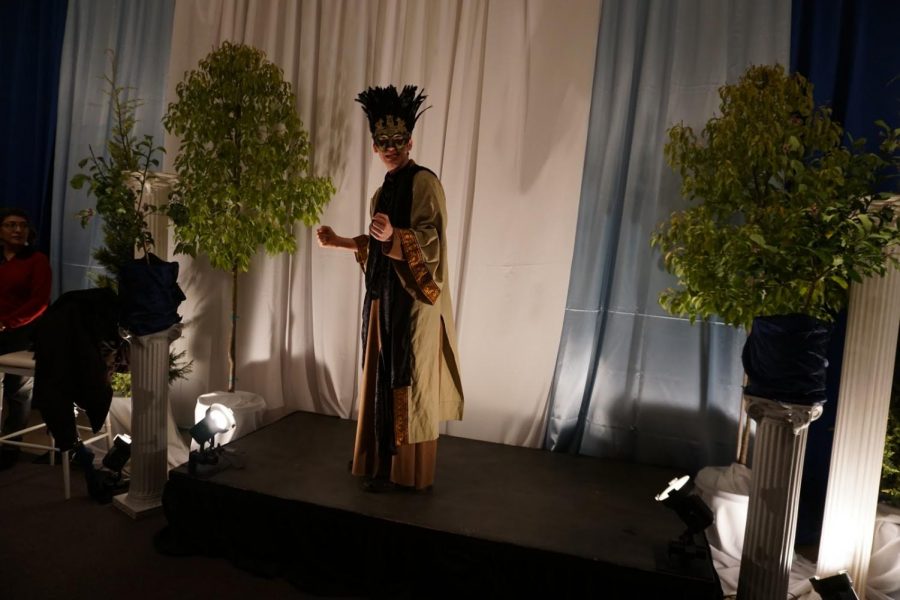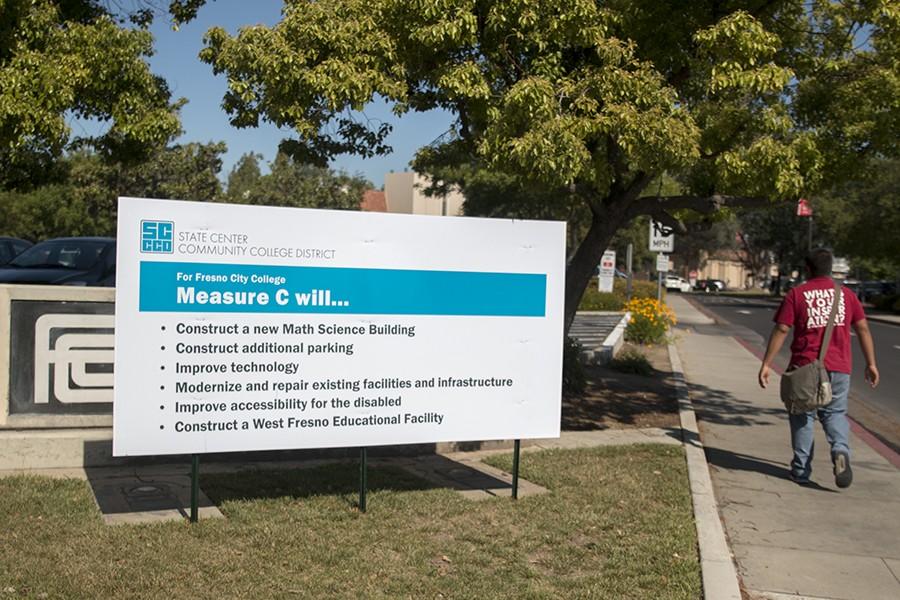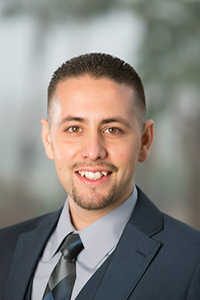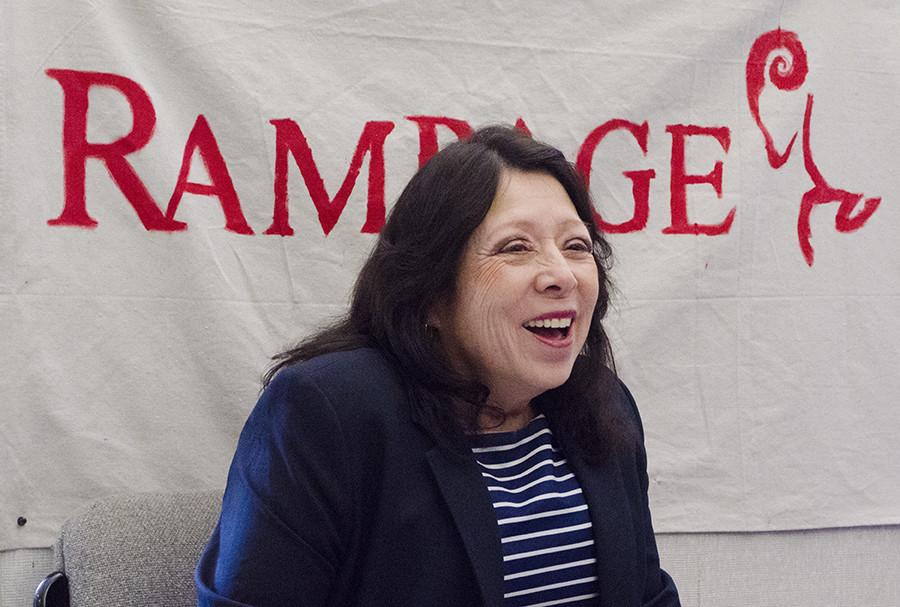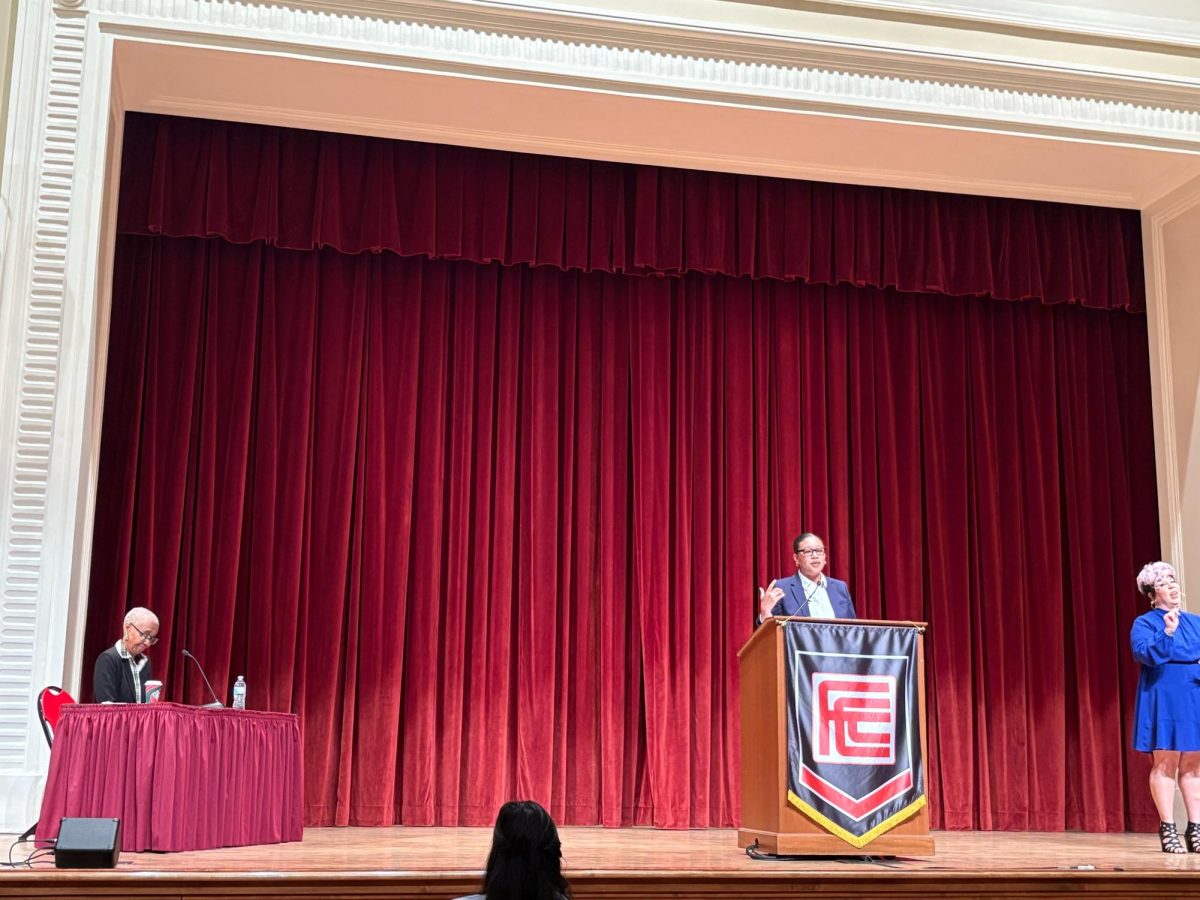Faculty from the State Center Community College District discussed “district’s last, best and final offer” including proposed pay concessions, reduction in healthcare coverage and other issues arising from the union’s contract negotiations.
Lacey Barnes, the senior vice president of the California Federation of Teachers and president of the State Center Federation of Teachers, led the discussion in the Staff Dinning Hall on Oct 24.
In summarizing the latest offer, Barnes said that the district offered a one year agreement with the option of reopening, which “means that you’re, again, perpetually negotiating.”
The State Center Federation of Teachers, on the other hand, wants a multi-year agreement, Barnes said, adding that even a two year agreement would be tolerable, but that a longer agreement is preferable. She says that a reopener would be fine so long as the agreement was longer than a year.
However, these negotiations are taking place at a time when budgets are hanging in the balance. With the upcoming elections, the fiscal state of the district could possibly change.
“In a way, this is going to be fairly moot soon because I think they really wanted, initially, to reopen after the election in November,” said Barnes.
Another item on the agenda was employee health care. The current plan is at $1,029 per employee with vision and dental covered separately. The district proposal would decrease that cap and bundle health, vision and dental.
“What they had initially proposed was to have moved the cap down from $1029 per month, per full time employee to $ 829 a month and bundle health, vision and dental,” said Barnes.
Subsequently, the district stepped back from this proposal and the health coverage remains the same. However, had the district not taken a step back from that proposal, the cap would have been, but the district has backed off from “the whole two-tiered thing, “ Barnes said.
On the issue of life insurance coverage, Barnes said that the district wanted to “eliminate all life insurance benefits.” The district has removed that proposal from the table, Barnes said. Long term disability coverage was also discussed at the meeting. With the language of the contracts, long term disability is currently found under “salary protection”. The initial proposal for long term disability was to eliminate it, but that has changed.
“Right now, they’ve backed off to say that they will offer what they have offered to administrators. Now as you all know, the district did just kind of impose cuts on administrators and we have lost an administrator as a result of that,” said Barnes.
The current proposal for long term disability, according to Barnes, is 60 percent of total compensation with a cap of $2,500 per month. For the lowest salary cell in the calculations, Barnes said that this would equal a $400 difference but with the higher salary cells, it would be a “significant difference.” The district has also given the option of purchasing additional benefits if employees paid for it.
“I will also say that they did say with their proposal that employees could purchase additional LTD [long term disability] benefits from the district’s provider at 100 percent,” said Barnes.
The district has also proposed eliminating all retiree health benefits for new employees. Employees who are already part of the district have been “grandfathered in” and will not take this loss.
However, a compensation loss is in the cards for all faculty, though the specific number is under negotiation.
“The district started at a 7 percent cut. That’s what they wanted. Almost immediately, they went to 6.75 percent. Then they went to 6.25 percent and then they went to 6 percent,” Barnes said. “So on this last, best and final offer, they have 5.69 percent.”
This compensation loss, according to Barnes, is new and possibly temporary. The proposal is to have the cuts last from July 1 and ending on June 13. The initial proposal had these cuts as permanent but there would only be a 5.69 percent cut for one year and then go back to the original state of earnings. These cuts and proposed concessions would apply to part-time employees as well, according to Barnes.
“On the part-time contract, all of those things that are similar, compensation; they want the same concessions. They want a one year.”
Deborah Blue, chancellor of the State Center Community College, said in a recent interview that the district will “continue to insist on the concessions,” because of the budgetary constraints.
“Basically our budget is going to have to balance by the end of this fiscal year,” Blue said. “We have to take each day at a time to determine how that’s going to happen and to what degree concessions will be and the level they need to be at.”
Barnes said that with the negotiations still in progress, the only thing that the union has agreed to was another meeting to try to solve the proposed problems.
“We basically agreed to meet again in some work groups on some things that I that if we took about three hours to do it now, we could figure it out and get some language incorporated,” said Barnes.
According to Paul Gilmore, history instructor and union member, the negotiations are bargaining are going to last for “a little while.” Due to the differences in proposals between the district and the union are great enough to take more time to solve.
“Bargaining is going on right now. In other words, the district and the union have been talking and have been meeting for months now over these issues,” Gilmore said. “It’s very secretive. We know what they initially proposed but a proposal and what actually happens are two different things.
Gilmore indicated that the bright side to the negotiations is that proposals are being made.
“We are bargaining. They’ve asked for concessions but that’s the thing about bargaining. You don’t have to agree to those things. That’s why you have a union,” said Gilmore.
He added that if the negotiations stall, “One side or the other would call for fact finding. They would bring a neutral third party who would look at the facts as each side sees them and see which one has the better argument basically.”

